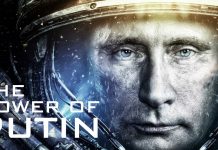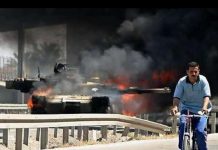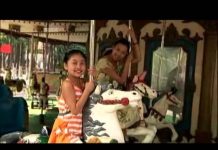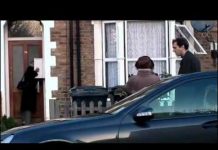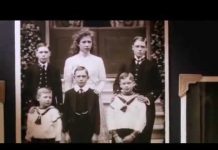In a candid and thought-provoking interview on “Frost Over The World,” the elusive WikiLeaks founder, Julian Assange, steps into the spotlight to discuss the ever-enigmatic world of secrets, leaks, and the reasons behind his unwavering decision to steer clear of Sweden.
The conversation with Julian Assange is nothing short of riveting. With a reputation that precedes him, he is a figure who has remained at the epicenter of global intrigue. “Frost Over The World” offers a rare glimpse into the mind of a man whose actions have ignited fierce debates on transparency, information freedom, and national security.
The interview begins with Assange reflecting on the concept of secrets in the digital age. He posits that we are living in a world where governments, corporations, and individuals are becoming increasingly skilled at keeping information concealed. However, Assange firmly believes that this age is also marked by unprecedented leaks and whistleblowing, which he sees as a counterbalance to the opacity that surrounds those in power.
Assange’s dedication to transparency and open access to information is palpable throughout the interview. He argues that information is a critical tool for citizens to hold their governments accountable. In his eyes, WikiLeaks has played a pivotal role in exposing the truth, even when it has ruffled feathers and triggered diplomatic tensions.
The conversation naturally segues into the controversy surrounding Assange’s decision to seek asylum in the Ecuadorian Embassy in London, a move that has kept him in a state of confinement for years. When questioned about the accusations in Sweden, Assange maintains his innocence and asserts that he sought refuge due to concerns about potential extradition to the United States, where he fears persecution for his role in publishing classified information.
This section of the interview delves into the intricate legal and political intricacies that have defined Assange’s life for over a decade. It underscores the complexities of his situation, encapsulating the fine balance between individual rights, government interests, and global ramifications.
The interview offers a glimpse into Assange’s world beyond the headlines. It’s a world where he, at times, experiences profound isolation and limited mobility. Yet, his unwavering commitment to the principles of transparency and accountability serves as a powerful driving force that keeps him steadfast in his cause.
The conversation with Assange raises essential questions about the role of whistleblowers and organizations like WikiLeaks in today’s society. It underscores the tenuous balance between national security concerns and the public’s right to know. Assange’s belief in the inherent power of information serves as a catalyst for an ongoing global discourse on these vital issues.
In conclusion, “Frost Over The World” provides a unique platform for Julian Assange to share his perspective on secrets, leaks, and the complexities of his own predicament. It offers viewers an opportunity to peer into the mind of a man who has played a pivotal role in redefining the dynamics of information dissemination in the digital age.
This interview reminds us of the enduring relevance of transparency and the critical role that whistleblowers and platforms like WikiLeaks play in our modern world. It invites reflection on the delicate equilibrium between safeguarding national security and upholding the principles of open access to information.


